
Science Signaling
@scisignal
Uncovering mechanisms in biology, gaining insights into physiology and disease.
The new issue of #ScienceSignaling has arrived! An experimental drug for Parkinson’s disease can reverse the condition’s hallmark effects on neurons in mice, researchers connect a mutant kinase to familial Alzheimer’s disease, and more. scim.ag/40kkbOn

Flipping off an enzymatic switch protects the heart from a high-fat diet in mice, new experiments in cells untangle how colorectal cancer cells can develop resistance to RAS inhibitors, and more this week in #ScienceSignaling. scim.ag/3UueLg0
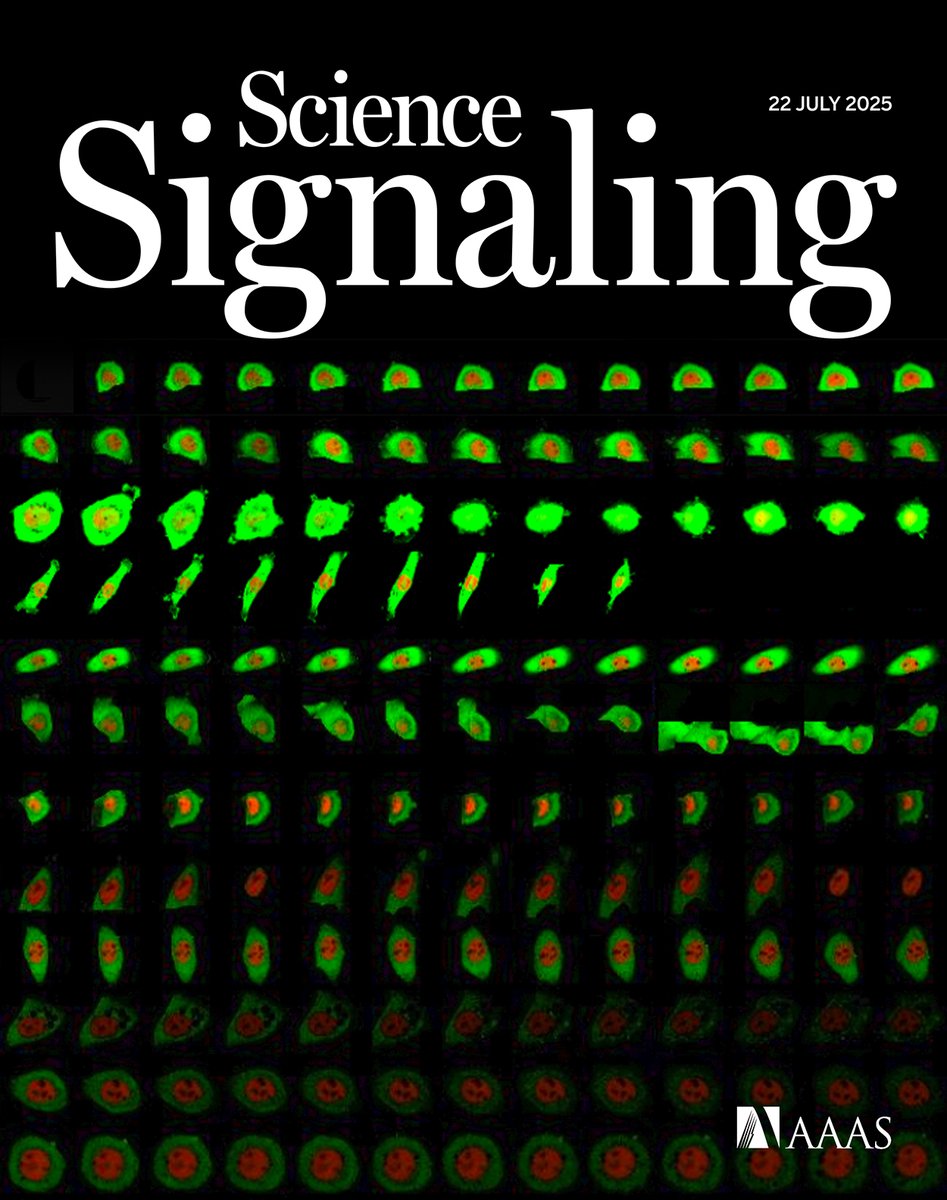
Although #RIPK3 is mostly known to play an inflammatory role in neurons, new results in mice show that it can also dampen inflammation in astrocytes during #flavivirus infections by increasing the abundance of Serpin3A. @briandanielsli @RutgersU scim.ag/40p7Ecq
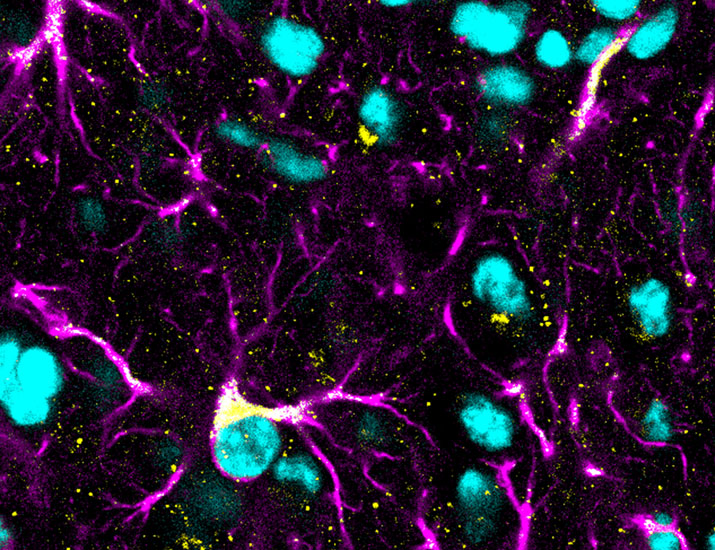
The approved drug #asciminib may be more effective against leukemias driven by the fusion protein BCR-ABL than it is against those driven by TEL-ABL show new in vitro findings that may have implications for the drug’s clinical use. @VUBasicSciences scim.ag/3GR7WlG
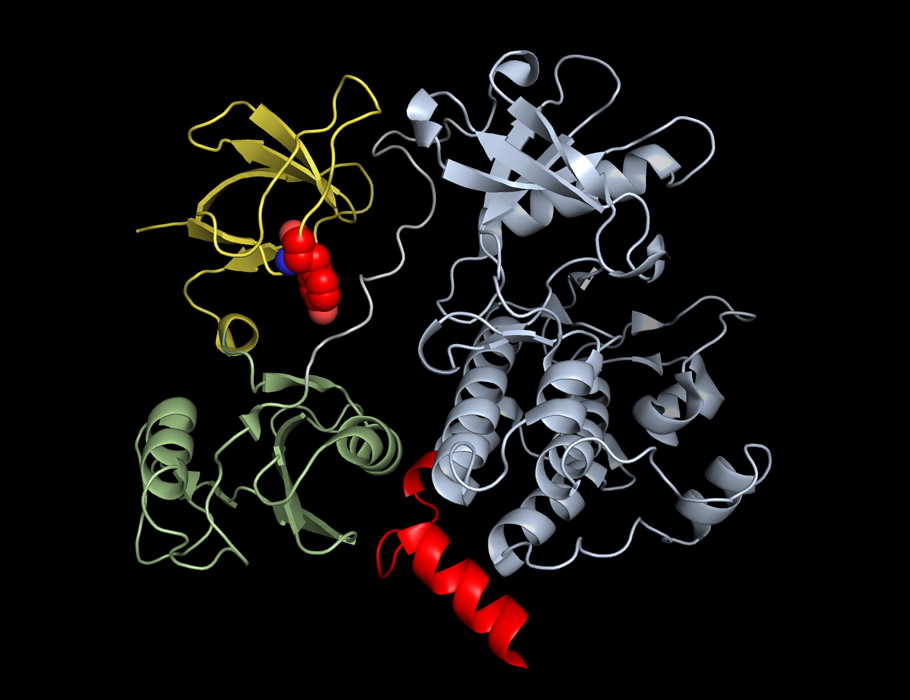
A proinflammatory protein named RIPK3 can also suppress inflammation in cells called #astrocytes during #Zika virus infection, adding nuance to how scientists understand the role of RIPK3 in viral infections of the nervous system. @briandanielsli @RutgersU scim.ag/3GTJ2ln
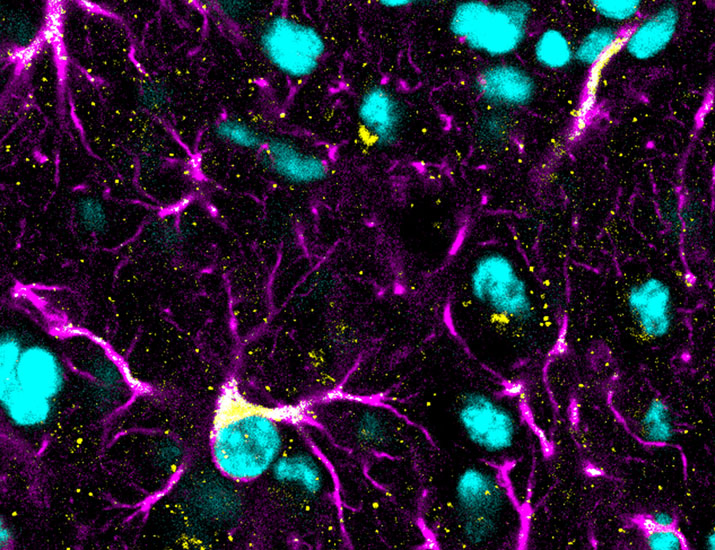
New #CryoEM discoveries are decoding the structural properties and evolution of the TSC2 protein complex, which acts as a key brake on the cell growth-promoting #mTORC1 signaling pathway. @lab_manning @HarvardChanSPH Check out the Review: scim.ag/46CKN0J
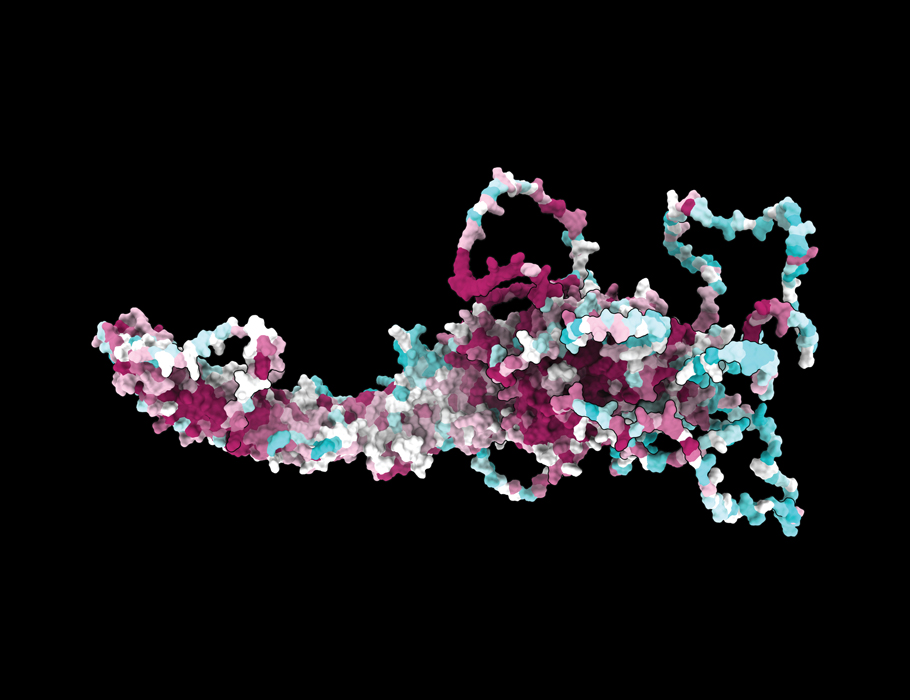
An enzyme named MDM2 that’s being explored as a drug target to treat #cancer also helps maintain the integrity of endothelial barriers, shows a new study that has potential implications for the development of MDM2 inhibitors. @junge_harald @UMNews scim.ag/46vAStK
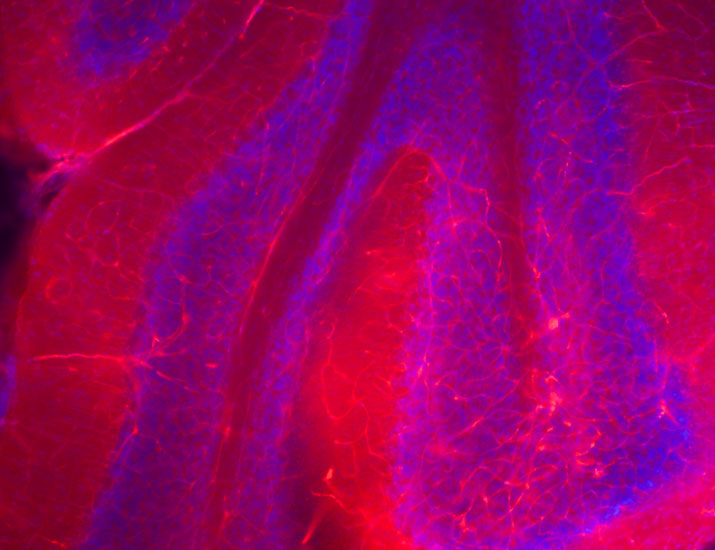
BCR-ABL and TEL-ABL #leukemias are both susceptible to tyrosine kinase inhibitors, but research finds the allosteric inhibitor asciminib is less effective against TEL-ABL due to #autophosphorylation that disrupts the autoinhibition of ABL. @VUBasicSciences scim.ag/3GR7WlG

The new issue of #ScienceSignaling is out! An inflammatory protein can also suppress inflammation in astrocytes during flavivirus infections, research shows that fusion proteins that drive leukemia aren’t equally susceptible to an approved drug, and more. scim.ag/44xEUke
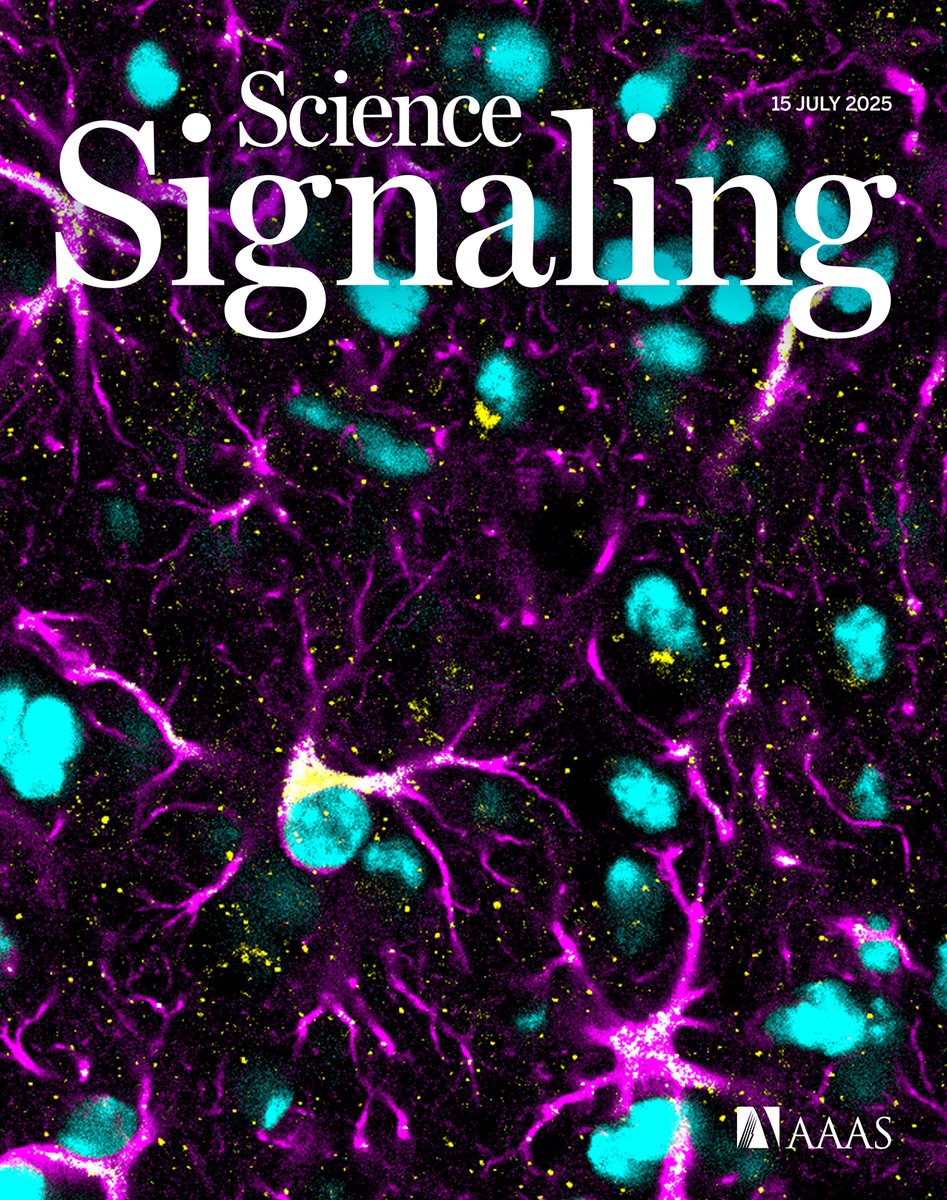
New #CryoEM discoveries are decoding the structural properties and evolution of the TSC2 protein complex, which acts as a key brake on the cell growth-promoting #mTORC1 signaling pathway. @lab_manning @HarvardChanSPH Check out the new Review: scim.ag/46CKN0J
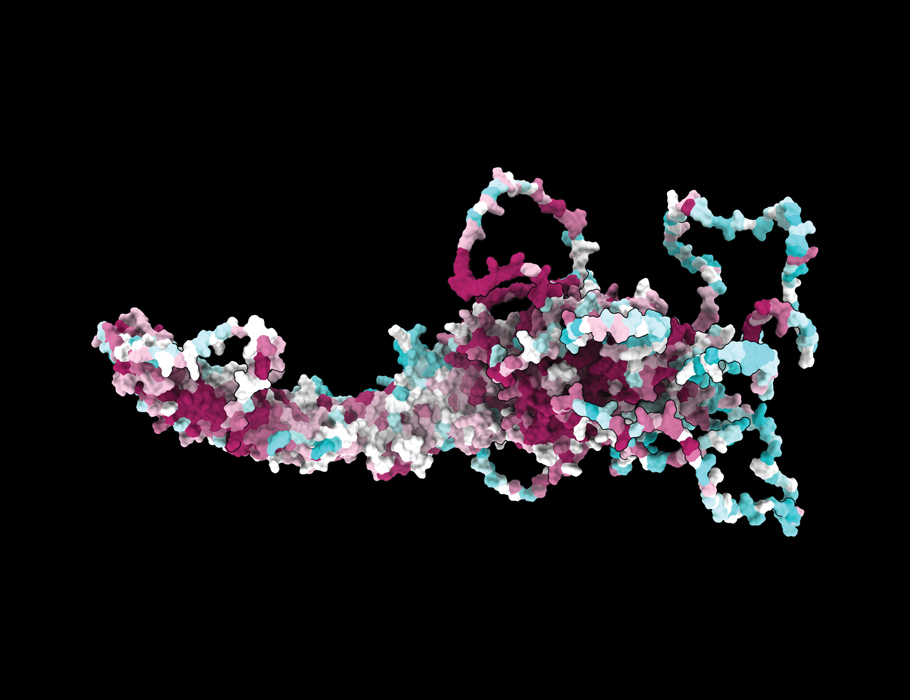
An enzyme named MDM2 that’s being explored as a drug target to treat #cancer also helps maintain the integrity of endothelial barriers, shows a new study that has potential implications for the development of MDM2 inhibitors. @junge_harald @UMNews scim.ag/46vAStK
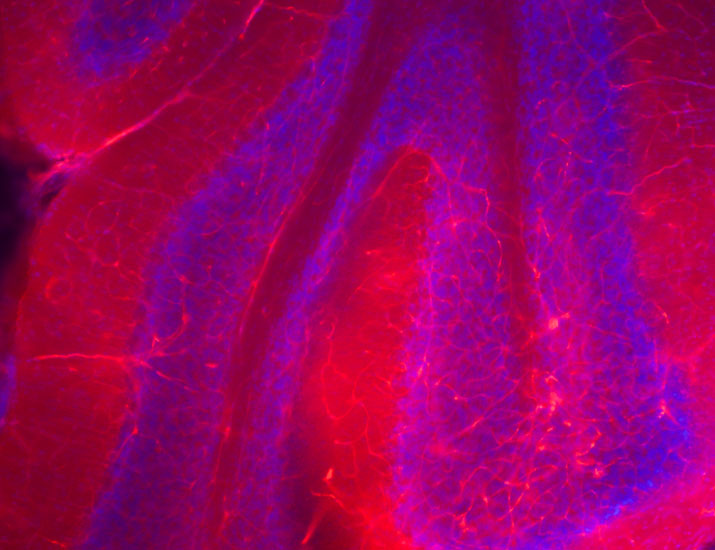
A recent preclinical study identifies a mutant kinase connected to familial #AlzheimersDisease and provides insights about its signaling and abnormal localization that could inform future research into new therapeutics. @RudyTanzi @NewtonLab @UCSDPharm scim.ag/44oRiD7
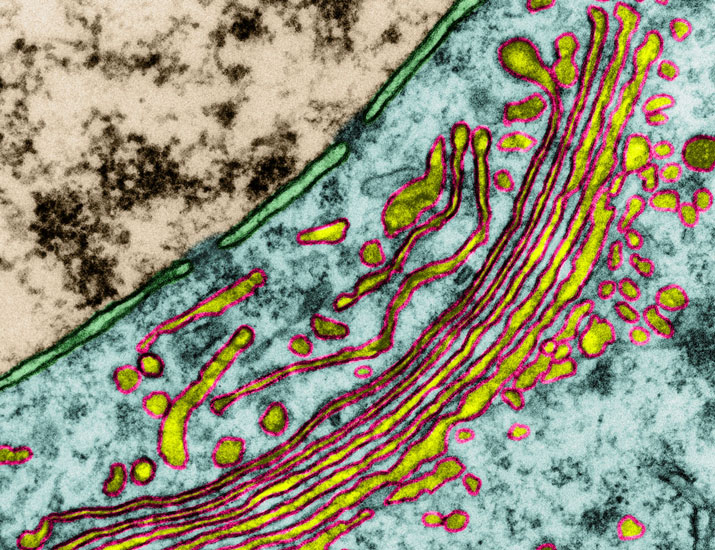
An experimental drug for genetic #ParkinsonsDisease can prevent the harmful effects of a mutant protein on neurons and cilia, suggesting that early treatment might benefit patients bearing certain disease-linked mutations. @pfeffersuzanne @StanfordDeptMed scim.ag/3TI6Njn
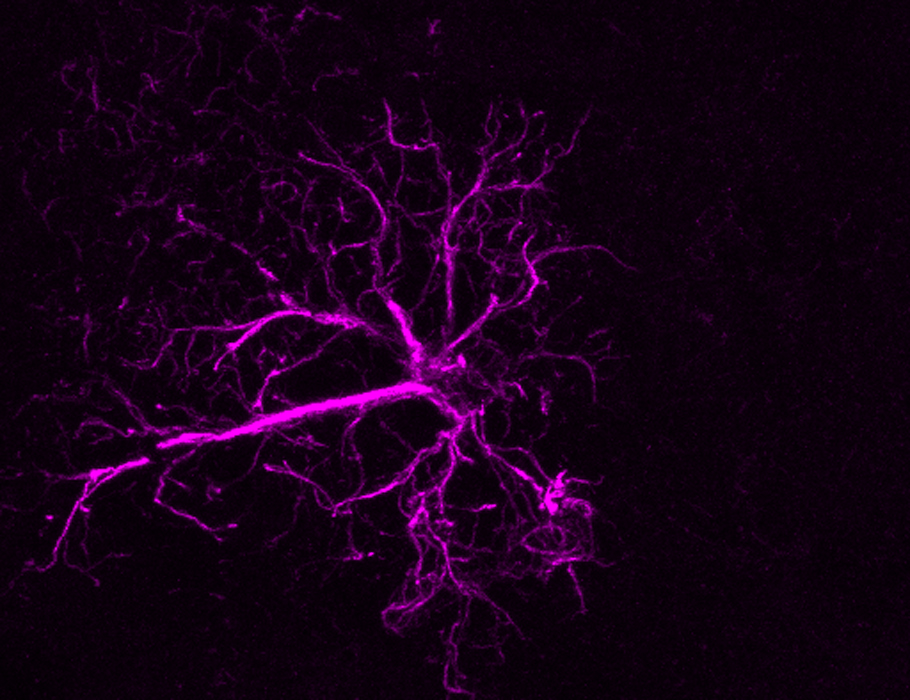
In this week’s Editors’ Choice piece, we highlight a study by Son and colleagues in @NeuroCellPress, showing that alpha-synuclein impairs autophagy by hijacking the cellular acetylation machinery. Read a summary: scim.ag/44pFTml

New #CryoEM discoveries are decoding the structural properties and evolution of the TSC2 protein complex, which acts as a key brake on the cell growth-promoting #mTORC1 signaling pathway. @lab_manning @HarvardChanSPH Check out the new Review: scim.ag/46CKN0J
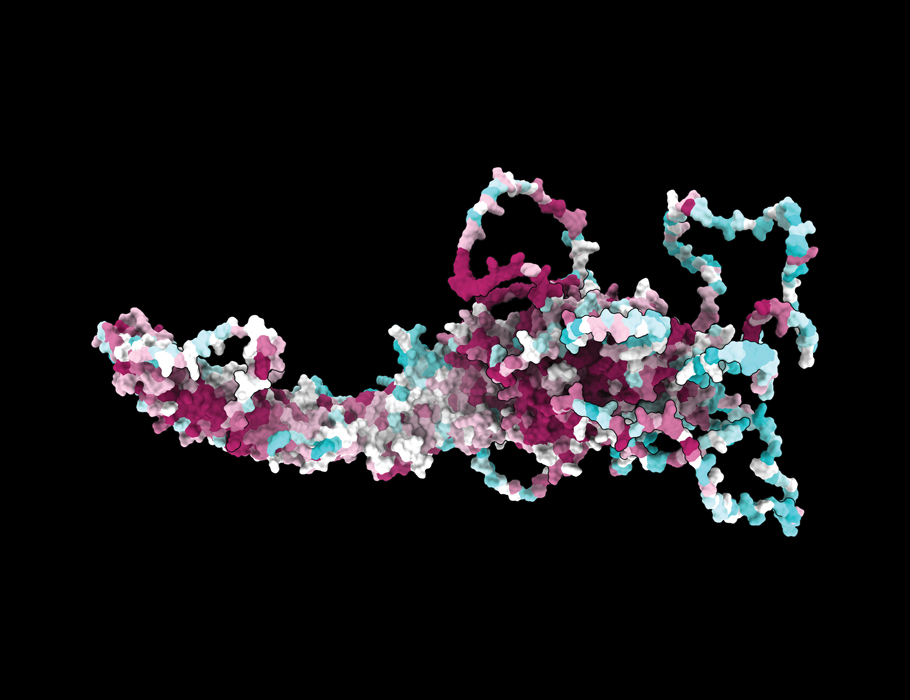
The enzyme MDM2 supports the blood-CNS barrier and endothelial cell proliferation by acting through the proteins norrin and frizzled 4 and NCAPH, according to new work in mice that hints MDM2 inhibitors could impair these barriers. @junge_harald @UMNews scim.ag/46vAStK
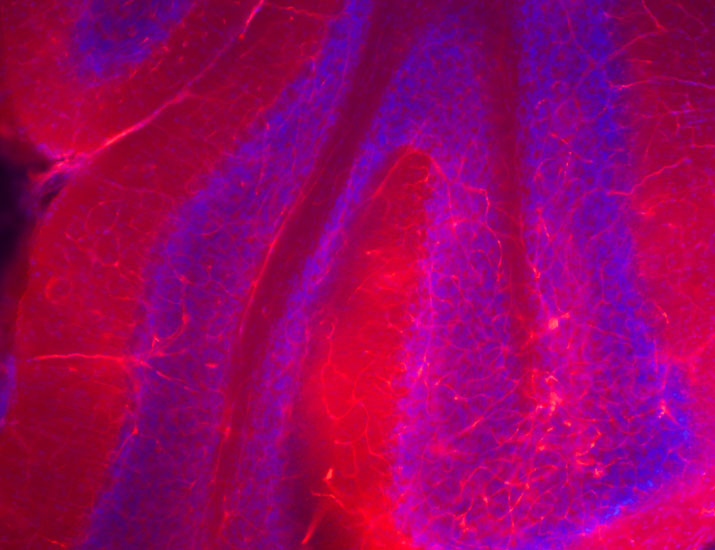
Scientists find that a possible cancer drug target is also an essential guardian of the blood-CNS barrier, a new Review explores research deciphering the mystery of a conserved brake on mTORC1, and more in this week’s issue of #ScienceSignaling. scim.ag/4lJ76Gv

A new preclinical study identifies a mutant kinase connected to familial #AlzheimersDisease and provides insights about its signaling and abnormal localization that could inform future research into new therapeutics. @RudyTanzi @NewtonLab @UCSDPharm scim.ag/44oRiD7

An experimental drug for genetic #ParkinsonsDisease can prevent the harmful effects of a mutant protein on neurons and cilia, suggesting that early treatment might benefit patients bearing certain disease-linked mutations. @pfeffersuzanne @StanfordDeptMed scim.ag/3TI6Njn

Researchers recently identified a molecular hub in neuronal dendrites that shapes the plasticity of synapses and found that the loss of these dendritic scaffolds might play a role in mouse models of #AlzheimersDisease. @Puthanveettil_S @scrippsresearch scim.ag/4lmRmsq

New work shows how loss of the calcium-sensing protein STIM2 can worsen outcomes in colorectal cancer and support tumor #metastasis and hint that the protein could be used as a potential prognostic marker. @TrebakM @Trayambak_P @PittDeptofMed scim.ag/44v3O3E
